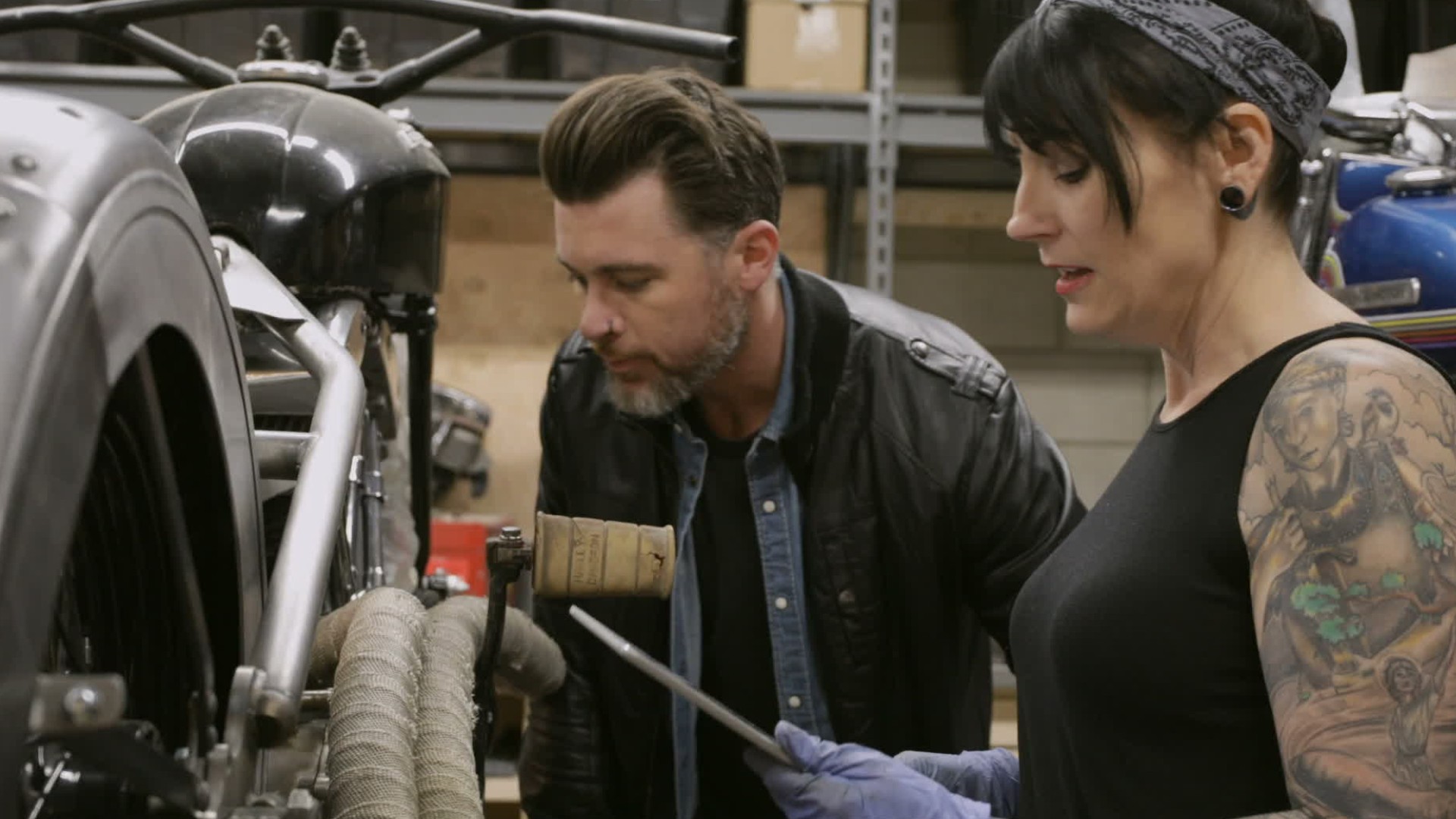Motorcycle Mechanics
All Terrain Vehicle Technician (ATV Technician), Motorcycle Mechanic, Motorcycle Technician, Service Technician
What they do:
Diagnose, adjust, repair, or overhaul motorcycles, scooters, mopeds, dirt bikes, or similar motorized vehicles.
On the job, you would:
- Mount, balance, change, or check condition or pressure of tires.
- Replace defective parts, using hand tools, arbor presses, flexible power presses, or power tools.
- Dismantle engines and repair or replace defective parts, such as magnetos, carburetors, or generators.
Knowledge
Engineering and Technology
- mechanical
- computers and electronics
Arts and Humanities
- English language
Business
- customer service
Math and Science
- arithmetic, algebra, geometry, calculus, or statistics
Skills
Basic Skills
- figuring out how to use new ideas or things
- keeping track of how well people and/or groups are doing in order to make improvements
Problem Solving
- noticing a problem and figuring out the best way to solve it
Abilities
Hand and Finger Use
- hold or move items with your hands
- put together small parts with your fingers
Ideas and Logic
- make general rules or come up with answers from lots of detailed information
- use rules to solve problems
Verbal
- listen and understand what people say
- communicate by speaking
Hearing and Speech
- tell the difference between sounds
Personality
People interested in this work like activities that include practical, hands-on problems and solutions.
They do well at jobs that need:
- Attention to Detail
- Dependability
- Cautiousness
- Perseverance
- Stress Tolerance
- Achievement Orientation
Technology
You might use software like this on the job:
Spreadsheet software
- Microsoft Excel
Data base user interface and query software
- AbbottSoft QuickFix
- TRACKUM Repair Manager
Point of sale POS software
- LightSpeed Cloud
- Santa Maria Software Counterman Pro
Education
Education: (rated 3 of 5)
certificate after high school or
high school diploma/GED
usually needed
high school diploma/GED
usually needed
Get started on your career:
Find Training
Apprenticeship.gov
Job Outlook
Bright
New job opportunities are very likely in the future.
Explore More
- Automotive Service Technicians & Mechanics
- Bicycle Repairers
- Bus & Truck Mechanics & Diesel Engine Specialists
- Motorboat Mechanics & Service Technicians
- Outdoor Power Equipment & Other Small Engine Mechanics
You might like a career in one of these industries:
See more details at O*NET OnLine about Motorcycle Mechanics.





